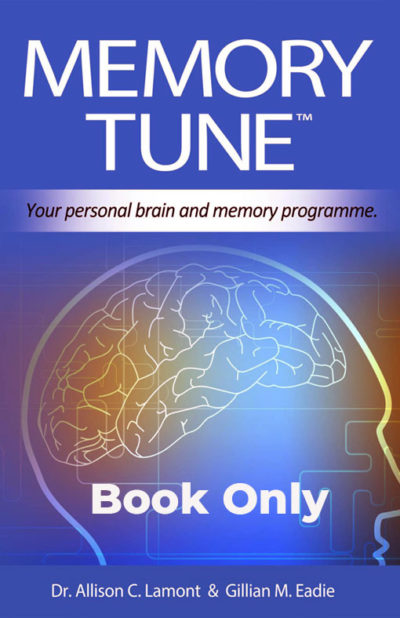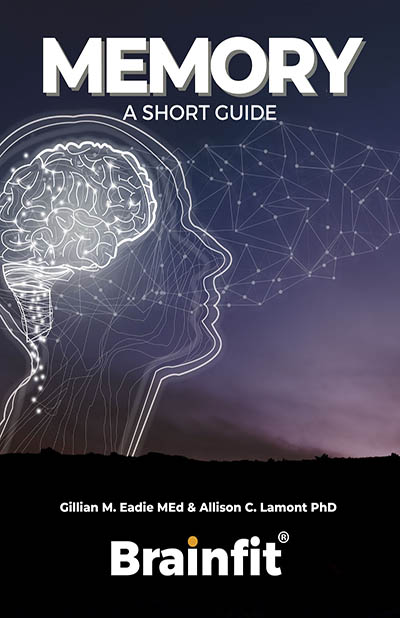 New research, based on data from over 10,000 adults, suggests that regular use of hearing aids is linked to a 24% lower risk of mortality among adults with hearing loss.
New research, based on data from over 10,000 adults, suggests that regular use of hearing aids is linked to a 24% lower risk of mortality among adults with hearing loss.
Key facts:
- Only one in 10 people with hearing loss who need hearing aids actually use them, according to research.
- This study is the most extensive analysis to date on the relationship between hearing loss, hearing aid use, and mortality in the United States.
- The mortality risk reduction associated with regular hearing aid use remained consistent across various factors, including the degree of hearing loss, age, demographics, and medical history.
Hearing loss affects approximately 40 million American adults, yet only one in 10 people who need hearing aids use them, research shows.
“We found that adults with hearing loss who regularly used hearing aids had a 24% lower risk of mortality than those who never wore them,” said Janet Choi, MD, MPH, an otolaryngologist with Keck Medicine and lead researcher of the study. “These results are exciting because they suggest that hearing aids may play a protective role in people’s health and prevent early death.”
Previous research has shown that untreated hearing loss can result in a reduced life span (as well as other poor outcomes such as social isolation, depression and dementia). However, until now, there has been very little research examining if the use of hearing aids can reduce the risk of death.
Researchers found that the almost 25% difference in mortality risk between regular hearing aid users and never-users remained steady, regardless of variables such as the degree of hearing loss (from mild to severe); age, ethnicity, income, education and other demographics; and medical history.
There was no difference in mortality risk between non-regular users and never users, indicating that occasional hearing aid use may not provide any life-extending benefit.
Choi hopes this study will encourage more people to wear hearing aids, even though she acknowledges that factors, including cost, stigma and difficulty finding devices that fit and function well, are barriers to use.
Source: Neuroscience article
Maybe wearing those hearing aids will be a your new year resolution??





Several years ago words became indistinct or garbled. My hearing aids have transformed my life. I use them all day every day. I have been able to continue working on committee and be involved in the community. At the time I became aware of my hearing loss I had already started to withdraw from verbal communication and involvement.
Opposite Reaction: Can someone explain to me why trying new hearing aids on three occasions within 10 days, each time I went suddenly deaf with strong tinnitus to go with it. There were many other symptoms, nausea, lack of balance etc etc over the next 9/10 months. I lost enough hearing to put me off ever trying again. However, in the last 2 months, most hearing has restored itself and tinnitus now far less of a worry. Neither specialist nor audiologist could give an explanation.
I love to see the words ‘have transformed my life’. Hearing loss is such an issue with so many these days and with the technology available now, it is so unnecessary. Hearing accurately is a key component of a great memory.